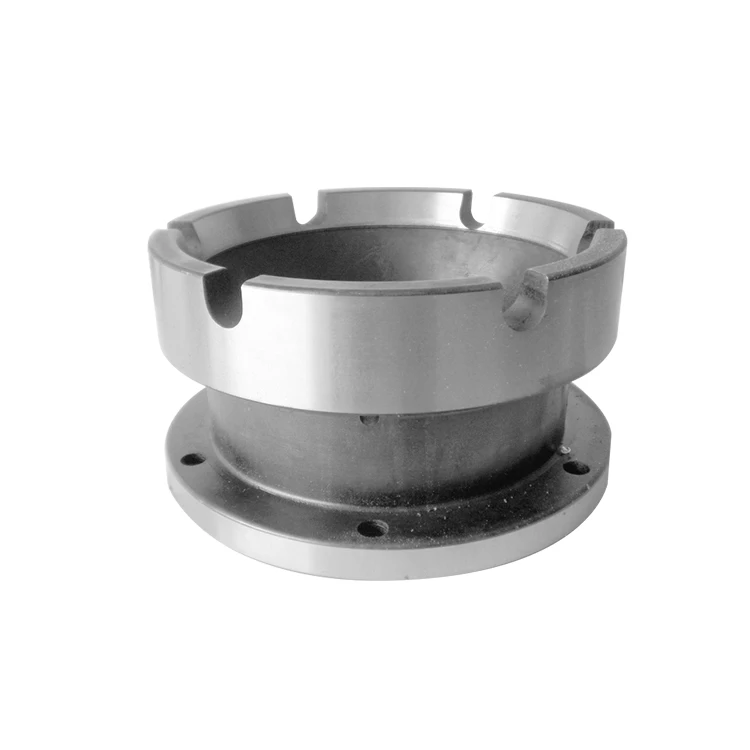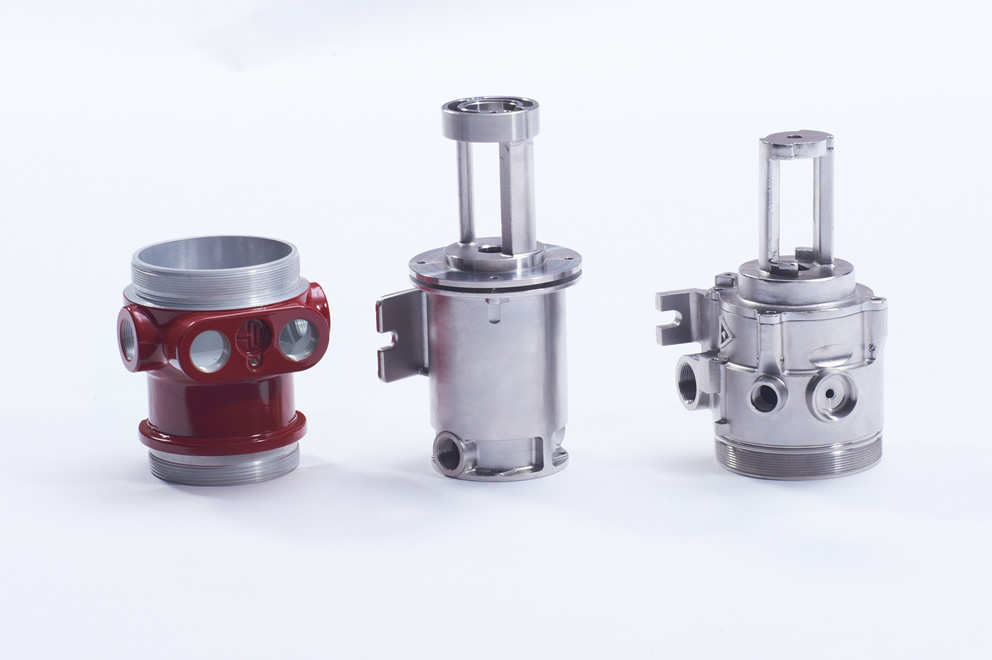A Comprehensive Guide to Selecting the Right Foundry Services for Your Project Demands
Selecting the right foundry services is crucial for the success of any job. Each casting technique-- sand spreading, investment casting, and die spreading-- has unique advantages. Recognizing these options assists in making informed decisions. Material choice, manufacturing capacities, and quality control are crucial variables to consider. Furthermore, assessing costs can affect lasting feasibility. aluminum casting. What aspects should direct this decision-making procedure?
Recognizing the Various Types of Factory Services
While the globe of factory solutions might seem complicated at first look, comprehending the numerous types can considerably improve the manufacturing process. Foundries typically concentrate on casting metals, and the major types consist of sand spreading, investment casting, pass away casting, and centrifugal casting.
Sand spreading involves producing mold and mildews from sand and is perfect for big parts or low-volume manufacturing. Investment casting, on the other hand, offers high precision for complex layouts, making it appropriate for aerospace or clinical applications. Die spreading, defined by forcing liquified steel into molds under high pressure, is effective for mass production of smaller components.
Centrifugal casting utilizes rotational force to disperse molten metal, generating strong, cylindrical elements. Each service kind has distinctive benefits and is selected based on specific task requirements. Understanding these differences allows manufacturers to pick the most suitable foundry service, inevitably improving performance and product high quality.
Trick Aspects to Take Into Consideration in Product Option
Choosing the appropriate material for shop services is an essential step that influences the general success of a job. Trick variables in material choice include mechanical residential or commercial properties, thermal resistance, and corrosion resistance - Aluminum Casting Company. Comprehending the desired application and its needs is necessary; products should stand up to operational anxieties while maintaining honesty over time
One more essential factor to consider is the product's compatibility with the picked manufacturing process, as some products are much better suited for specific methods. Cost-effectiveness likewise plays a substantial function, as budget plan constraints can restrict alternatives.

Availability and lead times of products can influence task timelines, making it essential for job managers to evaluate these aspects completely. By carefully assessing these components, one can ensure a much more effective and efficient factory service experience.
Assessing Production Capacities and Technologies
How efficiently a foundry can satisfy job specs rests on its manufacturing capabilities and modern technologies. A detailed analysis of these aspects is essential for job success. Production capacities incorporate the factory's capability to deal with varying project dimensions, timelines, and intricacies. Recognizing the shop's devices and machinery is necessary, as modern-day technologies such as computer system mathematical control (CNC) machining and advanced mold-making strategies can significantly boost accuracy and performance.
Additionally, the factory's use innovative products and processes, such as 3D printing or lost foam casting, can provide advantages pertaining to design adaptability and cost-effectiveness. It is also important to review the factory's ability to range production, making certain that they can fit future increases popular without endangering quality. By carefully analyzing these aspects, job supervisors can make educated decisions regarding which factory is best suited to meet their particular production requirements and technological expectations.
Significance of Quality Control in Metal Casting
Quality control stands as a vital column in the metal casting sector, guaranteeing that every part satisfies strict specifications and requirements. This procedure involves organized tracking and examination of each stage of production, from first design to final inspection. Implementing strenuous quality control protocols boosts the dependability and performance of actors components, reducing the chance of issues that can jeopardize architectural honesty.
Furthermore, effective quality assurance cultivates trust in between customers and factories, as adherence to high standards indicates commitment to excellence. It additionally minimizes expensive rework and hold-ups, improving manufacturing processes. By determining prospective problems early, quality control not only safeguards the end item however additionally adds to continuous enhancement within the shop's procedures. Inevitably, focusing on high quality guarantee in steel casting is essential for achieving customer satisfaction and keeping an one-upmanship in the industry.
Examining Cost-Effectiveness and Budget Plan Restraints
While traversing the complexities of factory services, reviewing cost-effectiveness and budget plan restrictions emerges as a necessary variable for companies. Comprehending the total cost of ownership involves greater than just the initial cost; it requires an analysis of lasting costs, consisting of products, labor, and functional effectiveness. Firms need to request thorough quotes that outline all potential prices, enabling a clearer comparison in between various foundries.
Furthermore, companies need to assess their particular task needs versus budget plan limitations. This consists of assessing the compromises between reduced costs and possible effect on quality, preparations, and reliability. It visit this site right here is crucial to think about whether the picked foundry offers scalable services that can suit future requirements without considerable financial stress. By meticulously balancing expense elements with project objectives, firms can make informed choices that maximize both budget plan and performance, guaranteeing effective outcomes for their factory tasks.
Frequently Asked Concerns
How Can I Guarantee Timely Distribution of My Shop Task?

What Certifications Should a Foundry Provider Have?
A reliable foundry company must possess qualifications such as ISO 9001 for quality management, ISO 14001 for ecological management, and industry-specific accreditations that demonstrate compliance with safety and efficiency standards pertinent to the spreading process.
Can I Visit the Shop Prior To Deciding?
Yes, seeing the foundry before deciding is typically suggested. This allows prospective customers to examine the center, satisfy the group, and warranty that the services line up with their details task demands and standards.
What Is the Common Preparation for Custom Castings?
The normal preparation for custom-made castings ranges from four to twelve weeks, relying on the complexity of the design, material specs, and the foundry's capacity. Prompt interaction can frequently speed up the procedure.
How Do Shops Deal With Style Adjustments Throughout Production?
Factories commonly accommodate layout adjustments during manufacturing by executing adaptable processes. They assess the influence on prices and timelines, communicate with customers, and change workflows to assure top quality while lessening disturbances to the production routine.
